How Low Iron and Zinc Are Linked to Tooth Decay
People suffering from tooth decay are commonly deficient in iron and zinc.
However, how these deficiencies cause tooth decay can only be understood through the prism of holistic
health
- where we acknowledge the links between different body parts and systems.
What is Iron, and What Does it Do?
Iron is critical to mitochondrial function, which is how the body generates energy.
It works like this: the mitochondria combines nutrients (fats and sugars, for example) with oxygen to produce a molecule
called ATP. ATP is a molecule that stores and transfers energy within the cells and is
responsible for powering the human body.
When people are low in iron, they cannot produce sufficient ATP. When ATP levels drop, the body may signal a need
for more energy by triggering cravings for sugar and carbohydrates. Consuming sugar provides a quick source of glucose, which can be rapidly metabolised to produce ATP and temporarily alleviate the energy deficit.
Low Iron = Sugar Cravings
These cravings for sugar and carbohydrates result in people consuming sugary foods that,
as we all know, drive tooth decay. This is just one common way in which low iron or iron deficiency drives tooth
decay. For deeper insights on how sugar causes tooth decay (by disrupting hormone regulation and reversing
dentinal fluid flow), click
here.
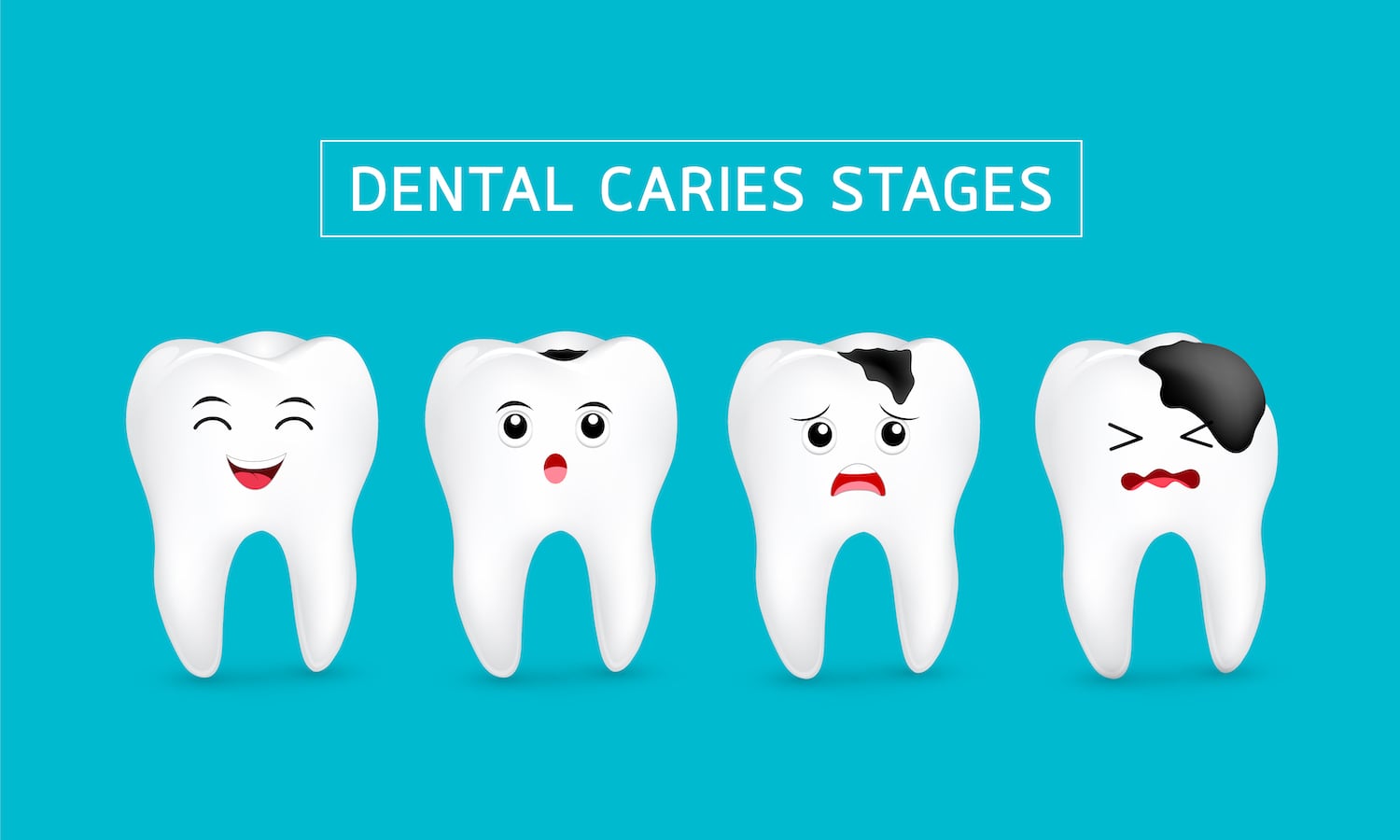
Tooth Decay: What Causes Tooth Decay
Tooth decay is not always brought on by plaque formation, instead it can arise because hormone disruption affects the flow of dentinal fluid...

A High Fat, High Protein Diet is Best For Your Teeth
The best thing you can do to prevent tooth decay and improve your oral health is to change your diet to one that is high in protein and fat...
Low Zinc = Mouth Breathing
Zinc, on the other hand, is critical to immune function. Impaired immune function often
results in persistent allergies, colds and flu, which inhibits people's ability to breathe through their nose.
When people cannot breathe through their nose, they mouth breathe.
Mouth Breathing Causes Tooth Decay
The issue with mouth breathing is that it dries the mouth out - ultimately depleting saliva.
When this happens, the mouth's pH is thrown out of balance - becoming more acidic than alkaline.
Similarly, the mouth loses its in-built cleaning mechanism without adequate saliva, and food particles are more likely to become stuck
between the teeth
and around the mouth. This allows bad bugs and bacteria to multiply with ease and leads to a decline in oral
health. For more information on how mouth breathing causes tooth decay, click
here.
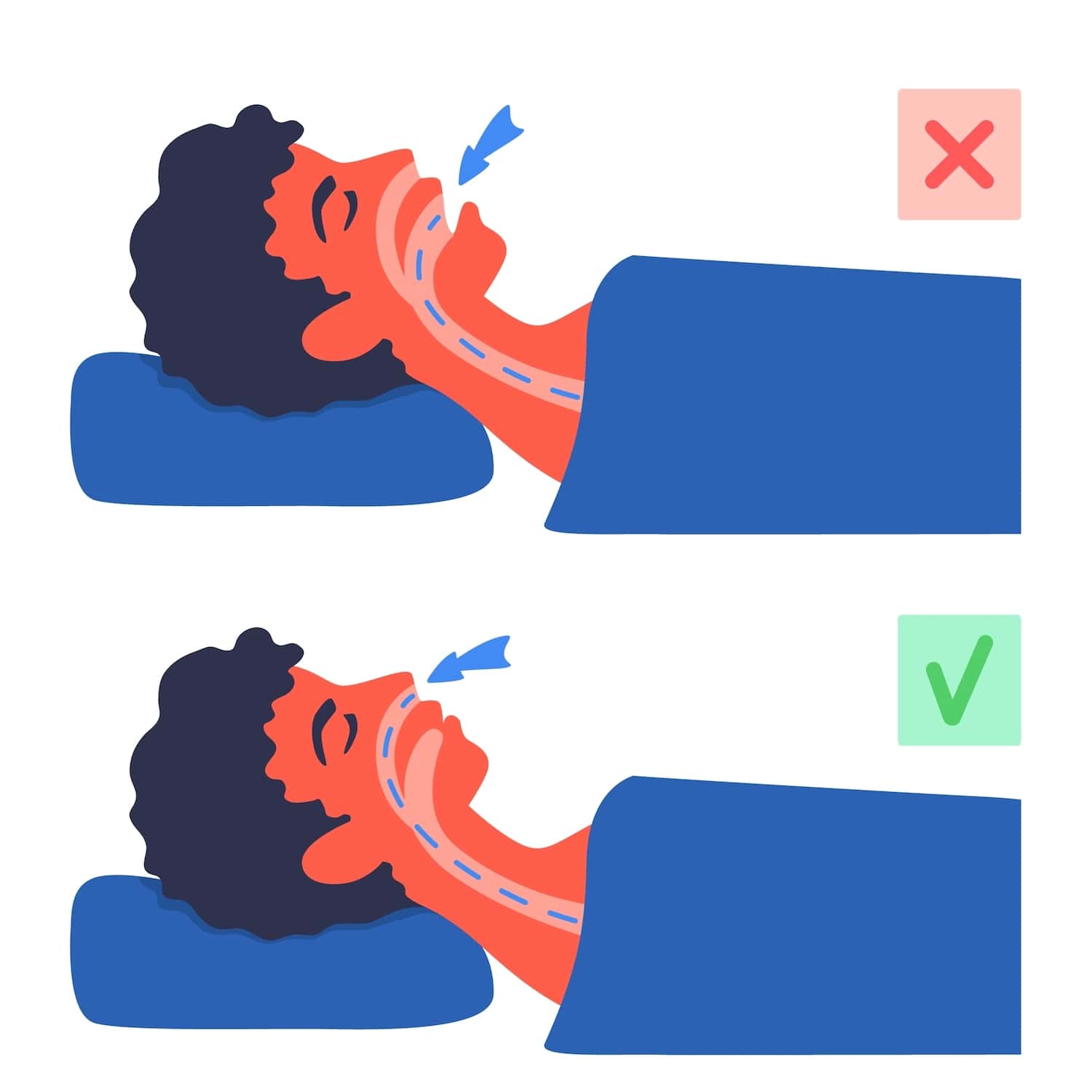
How Mouth Breathing Causes Tooth Decay
Did you know that mouth breathing causes tooth decay? Why? Because it hinders saliva production - which is one of the mouths primary mechanisms in protecting oral health…
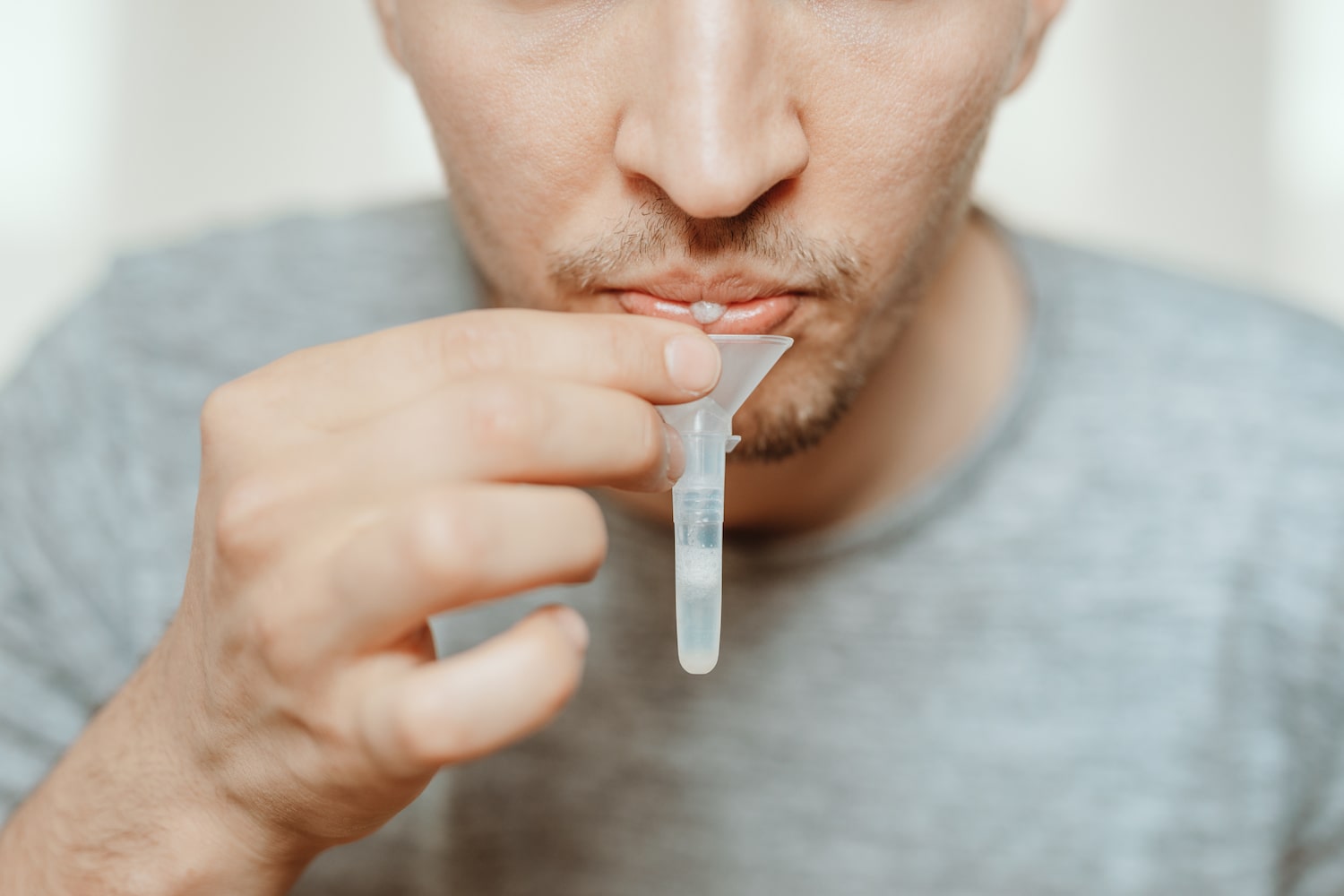
How Saliva pH Affects Your Oral Health
Saliva pH is one of the best ways to measure oral health. Acidic saliva (low pH) is indicative of poor oral health. This is because harmful bacteria & microbes thrive in highly acidic environments...
Mineral and Nutrient Deficiencies Causing Tooth Decay
Most dentists commonly neglect the links between mineral and nutrient
deficiencies
and tooth decay. This is for three main reasons:
- They are not properly trained on the relationship between diet and dentistry
- They are ill-equipped to advise patients on topics surrounding nutrition
- They are ill-equipped to facilitate change concerning people's diet (and lifestyle)
Thus, advice on tooth decay is typically limited to "eat less sugar" and "brush more". The
issue with such advice is that it ignores the root of the problem and ultimately does nothing to fix
it.
Patients will have difficulty lowering their sugar intake while deficient in iron (and subsequently ATP).
Similarly, if the patient is low in zinc, the immune system will remain impaired, and they will likely have difficulty breathing
nasally.
And, as long as they continue to mouth breathe, tooth decay will persist.
The Benefits of a Holistic Approach
Only by taking a holistic
approach
to health can these issues be addressed and rectified. This is why we at Eric Davis Dental pay close attention to diet,
nutrition and lifestyle
and work collaboratively with our sister clinic, Nutrition
Diagnostics,
to help address the root cause of the problem and facilitate meaningful, long-lasting
change.
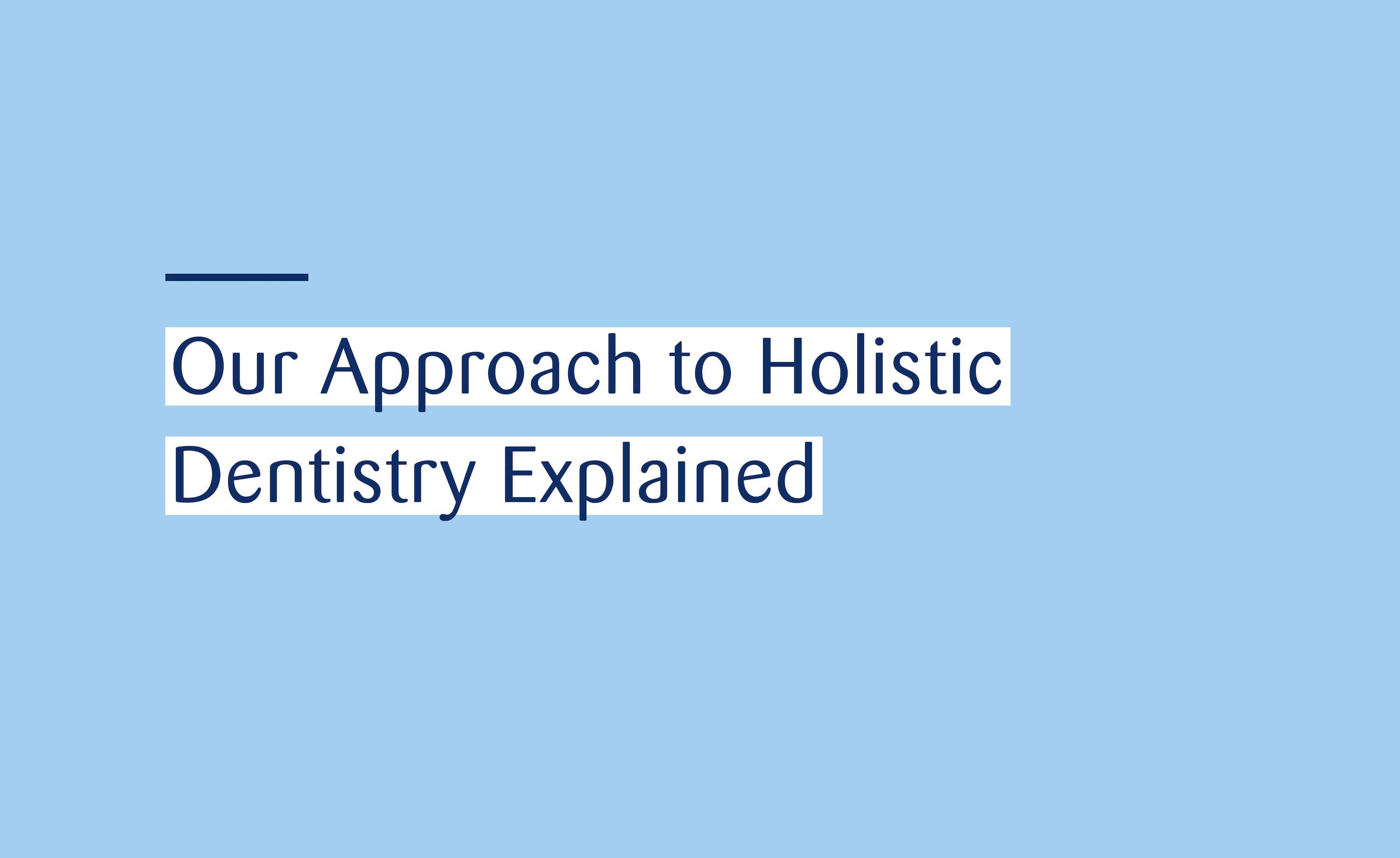
A Holistic Dentist With a Difference: Our Approach
Our approach to dentistry is informed by the oral systemic link, which views the mouth and body as interconnected, acknowledging that oral health and total body health are intertwined...
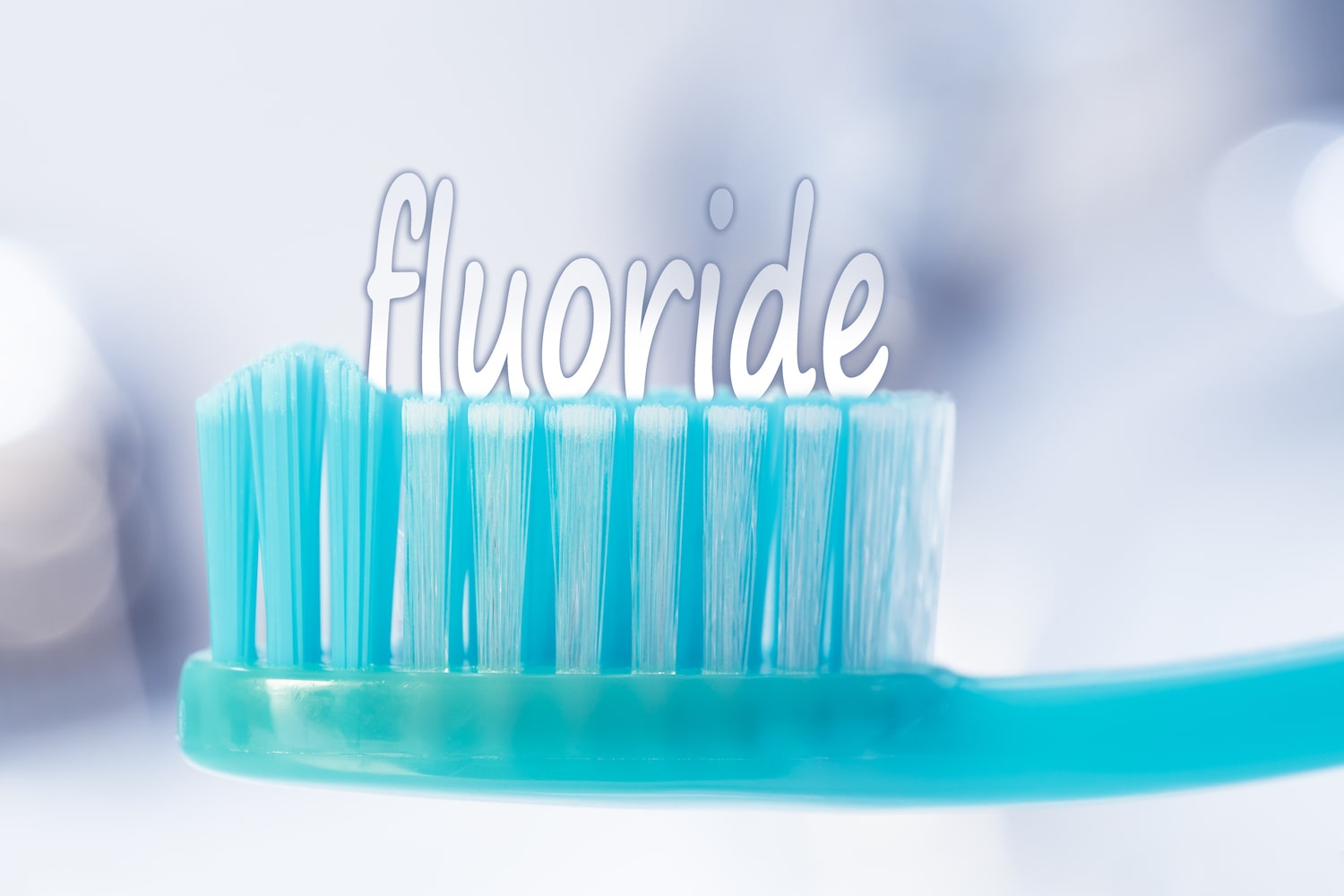
Why Fluoride Doesn’t Stop Tooth Decay
We regularly treat people who drink fluoridated water and use fluoridated toothpaste yet still suffer from tooth decay. That's because it's not the absence of fluoride that causes tooth decay...
